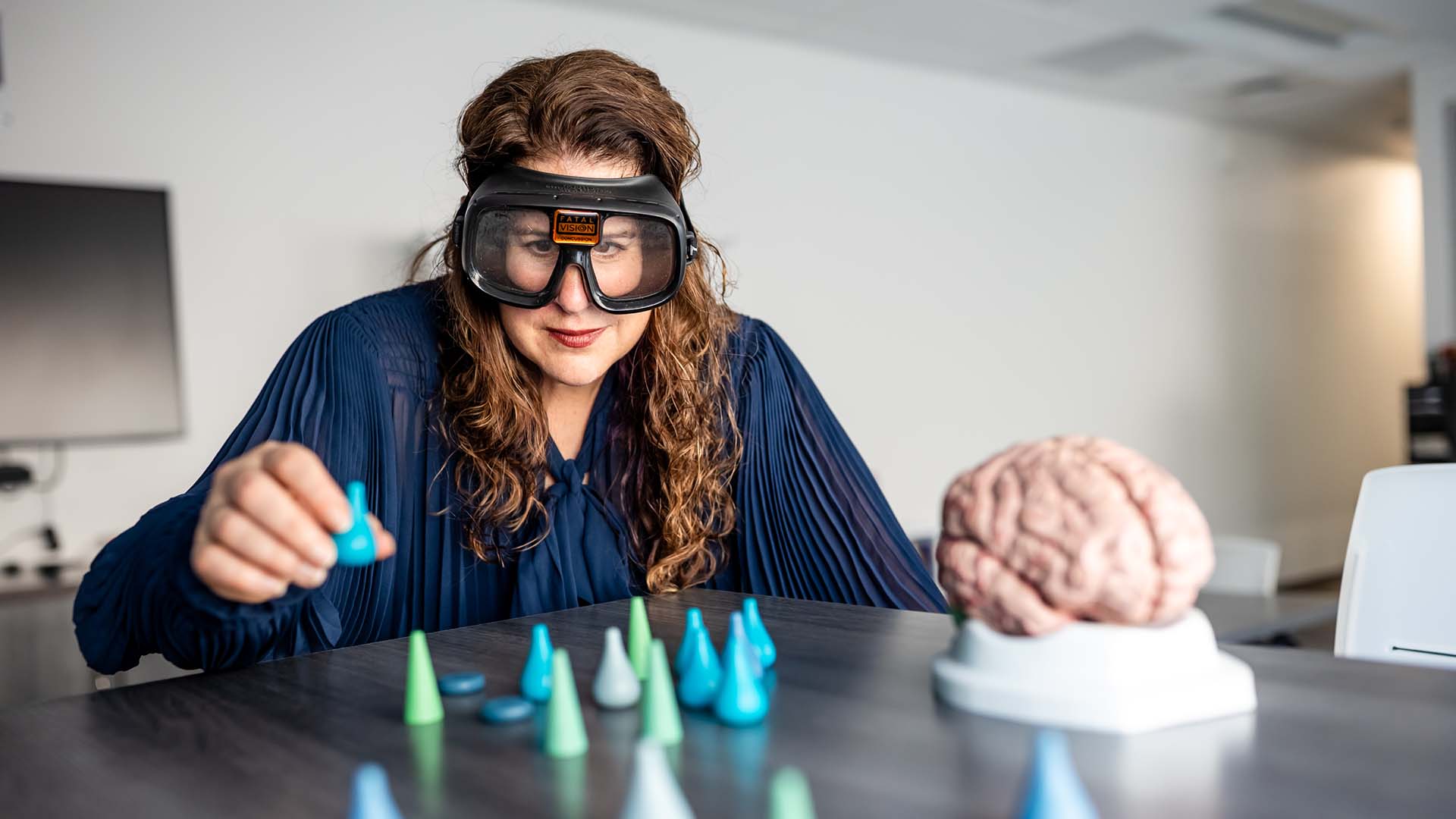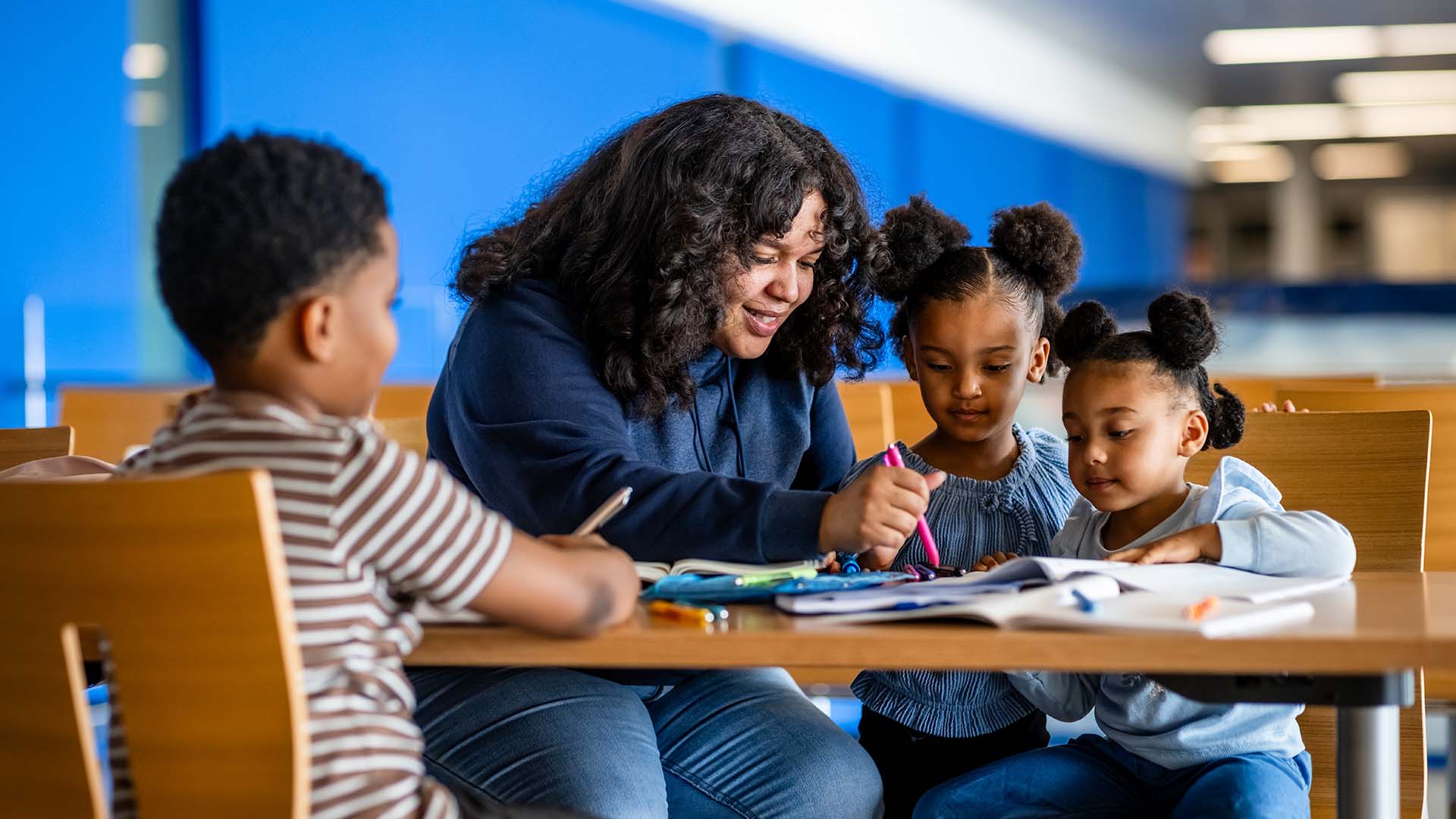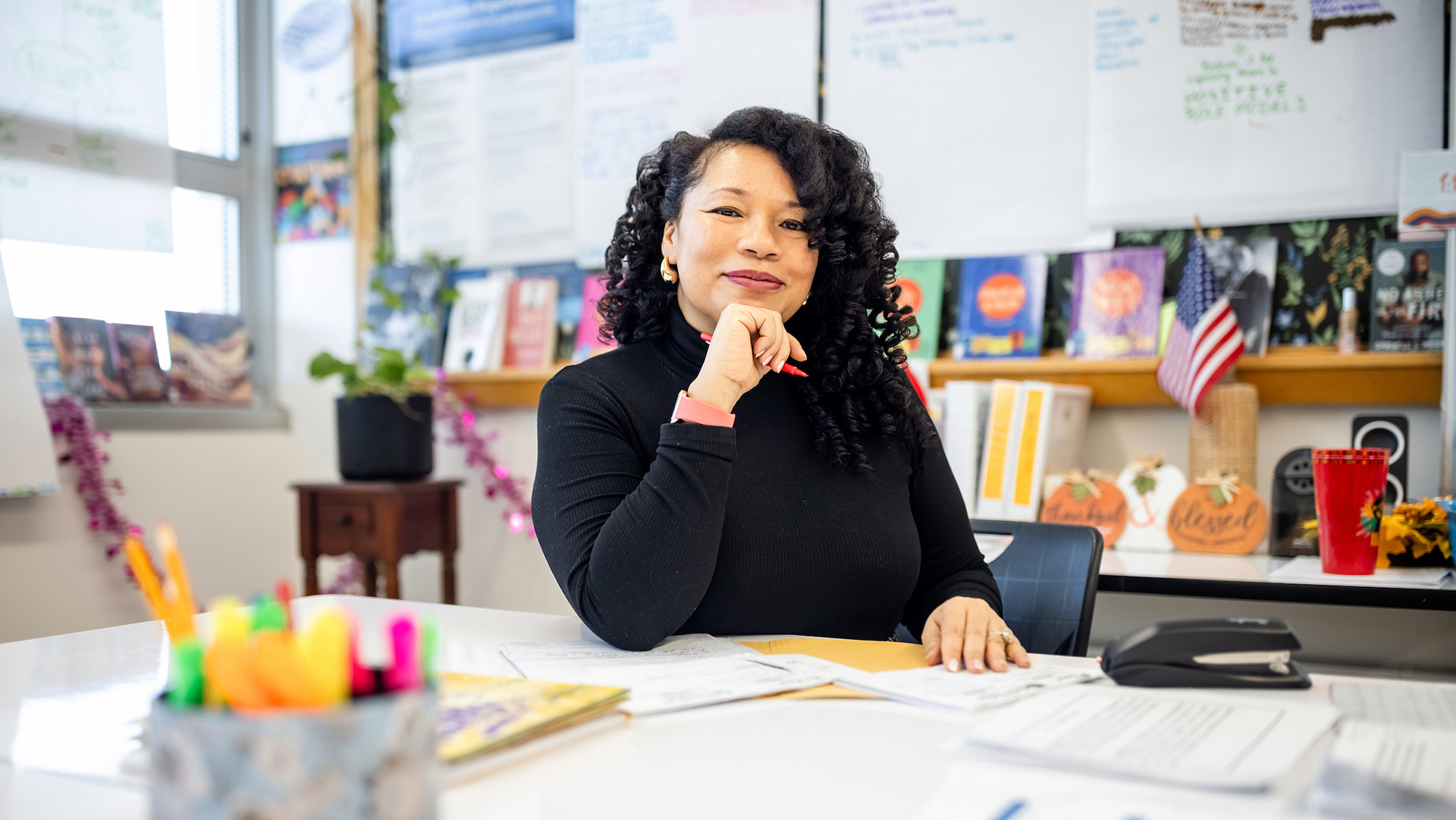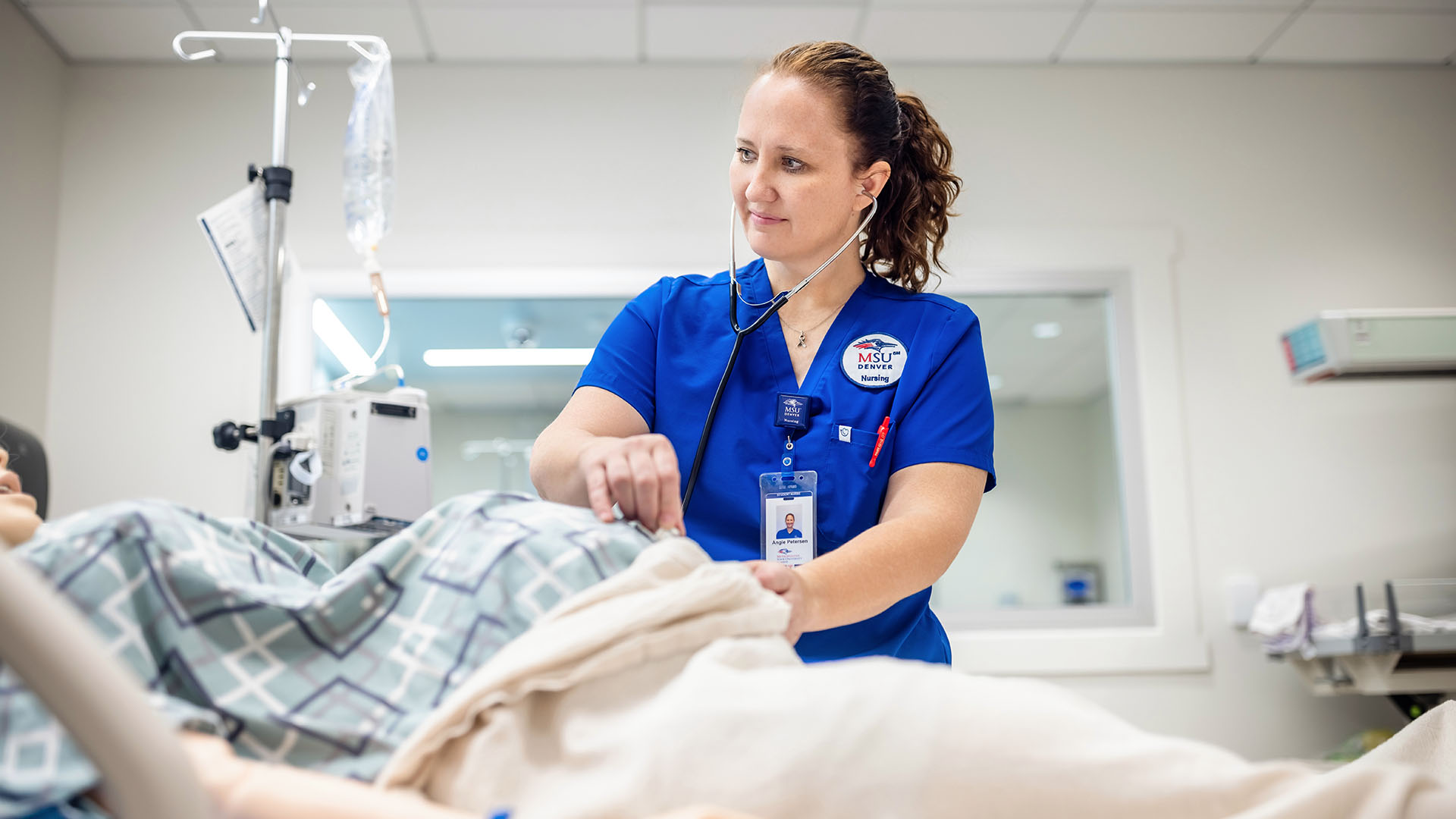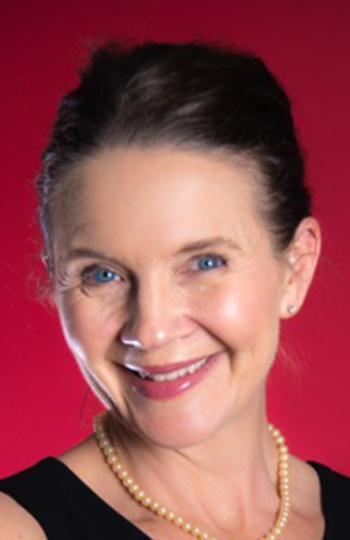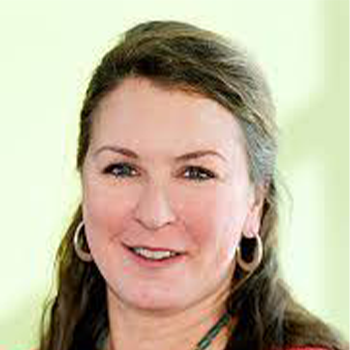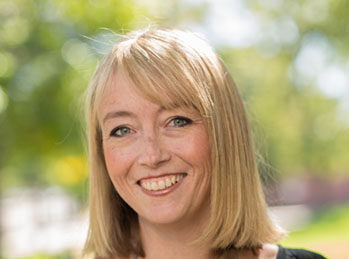The power of words
Here’s how a seemingly simple question led Tony Velasquez to one of the most prestigious schools in the world – Oxford University
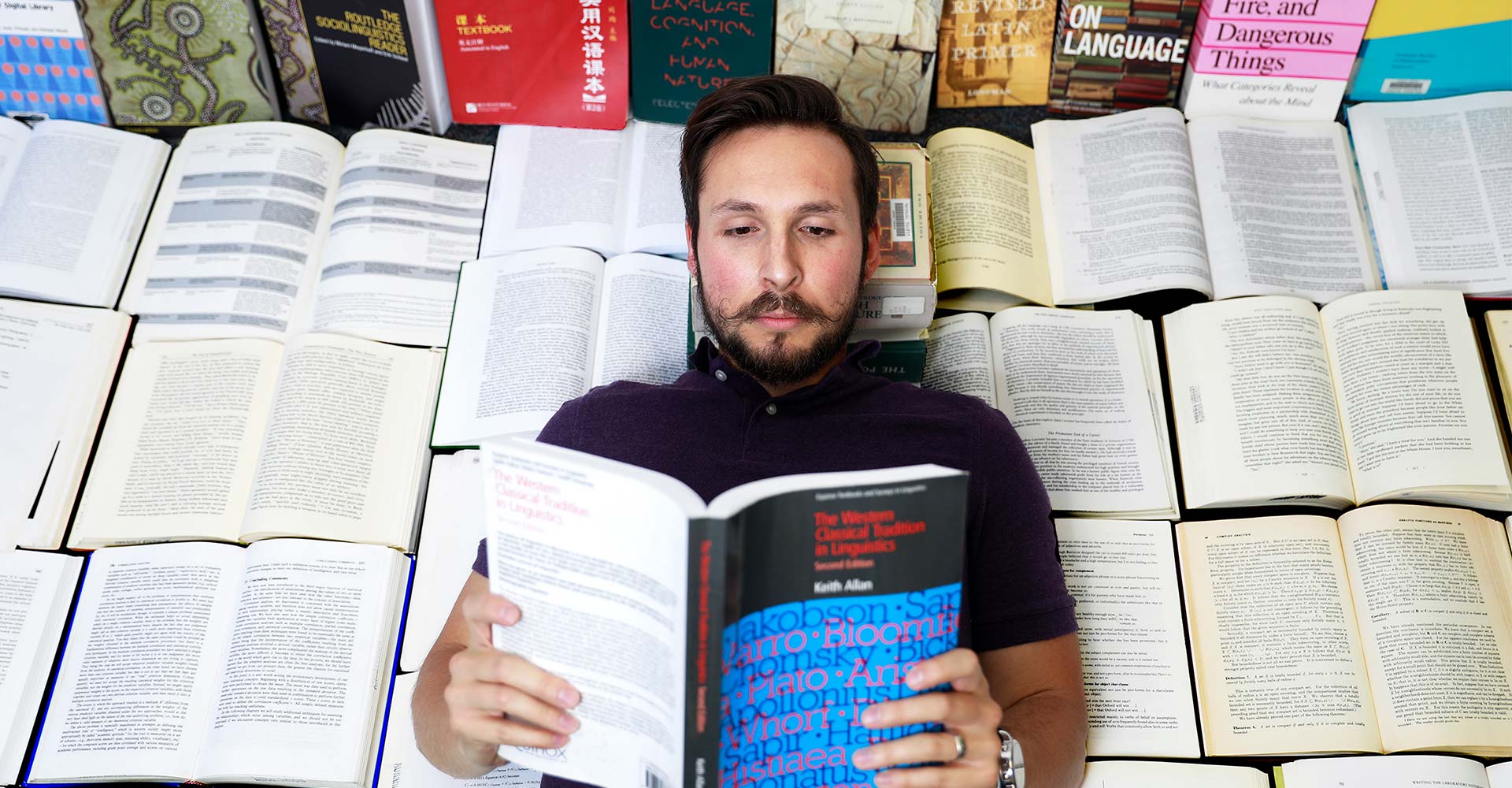
What is a sandwich?
Ham and Swiss aside, it’s not as easy to answer as you as you might think. If you abide by two pieces of bread as a necessity, where does that leave open-faced variants? Does a hot dog count? What about pizza?
That line of inquiry piqued Tony Velasquez’s interest, setting him on a course for study at Oxford University this fall. His spring 2016 semantics class at Metropolitan State University of Denver, taught by Associate Professor of English Andrew Pantos, Ph.D., posed a similar inquiry on categorization, asking if a beanbag can be considered a chair.
“On the surface, they’re simple questions, but they get more and more complex the deeper you go,” said Velasquez, a 2016 graduate with a double major in linguistics and management. “Little elements of language have a huge impact on how – and what – we communicate.”

These rhetorical exercises have far-ranging social implications extending far beyond a simple syntactical study.
Take, for example, the way that the Lone Star State has long exerted a Texas-size influence on textbooks used across the nation because of the size and sway of its school boards.
Velasquez attributed learning this at MSU Denver as an inflection point, turning him on to the power of words – and the science of linguistics.
“Textbook writers historically used active tenses when describing white slave owners in a positive light and passive related to negative elements – for example, ‘Plantation owners made sure slaves were housed and fed’ versus ‘millions of slaves died,’” he said. “The first sentence gives agency while the second takes it away.
“That one day in class opened my eyes to so many things. Ever since, I’ve been driven to study how people understand their worlds through the elements of language – and what we can do with that knowledge to empower them.”

Currently a family liaison at Coronado Hills Elementary (part of Adams 12 Five Star Schools), Velasquez relies on the nuanced use of communication to advocate for others. And when he begins his graduate work in the Master of Philosophy in General Linguistics and Comparative Philology program at Oxford, he’ll continue building that applied, intersecting road, one that he’s chronicling on his website, “The Linguist’s Notebook.”
Velasquez is fluent in Spanish and English and has been learning Mandarin Chinese for 2½ years. He also has studied German, French and Dari, with hopes to expand to Russian, Arabic and Tibetan in the near future.
“The word ‘study’ means ‘interest’ in Latin, and Tony’s a student in the truest etymological sense of the word,” said Manuel Urrutia Zarzo, Ph.D., a lecturer of modern languages. “He has a drive for knowledge and wants to know for knowing’s sake.”
Urrutia Zarzo, who had Velasquez as a student in an advanced grammar and composition course, noted how he adopted a metacognitive lens, stepping back from the surface level of recitation to examine a deeper connection.
“He approached the course looking at the underlying structure of the language,” Urrutia Zarzo said. “He was able to ask, ‘What is this thing I’m doing? How does it work?’
“That’s truly special – to take the first steps of thinking abstractly about something quotidian.”

Far from a gilded path, the road to the 11th-century-established university has been a long and winding one for Velasquez, fraught with its share of detours and setbacks for the scholar from Westminster.
“I was pretty lost when I graduated high school,” he said. “I didn’t know what to do or how to study.”
After a professor initially talked him out of majoring in linguistics, Velasquez bounced around – from focusing on horticulture at one college to business at another before landing at MSU Denver. As a Roadrunner, he rediscovered his passion for words, and the self-described mediocre student was transformed, a process he credits largely to the quality of instruction.
“The faculty members, like Marina Gorlach (Ph.D., professor of English), were excellent,” Velasquez said. “They set high expectations with academic rigor, really drawing the best of you out. With that push and a support system in place, I was able to grow and flourish as a student.”
One element of that support system? His mother.
Velasquez recalled a time when, seeing others around him achieving successes, he was left feeling stuck and defeated.
“My mom said, ‘You can either sit on the shore and watch others sail on or you can build your own boat,’” he recounted. “That really stuck with me.”
The perspective paid off. As Velasquez now sets course on a transatlantic voyage bound for one of the most prestigious educational institutions in the world, his goal of bringing people together via the linguistic bonds of our shared humanity has a transformative link to the Auraria Campus.
“One of the most powerful aspects of studying language is its ability to help us connect with others,” he said. “That’s why studying at MSU Denver is amazing – here, you can come from any place in life and, with those connections, work harder than you ever thought you could for what you want.
“Because even when you think you can’t, you can.”

